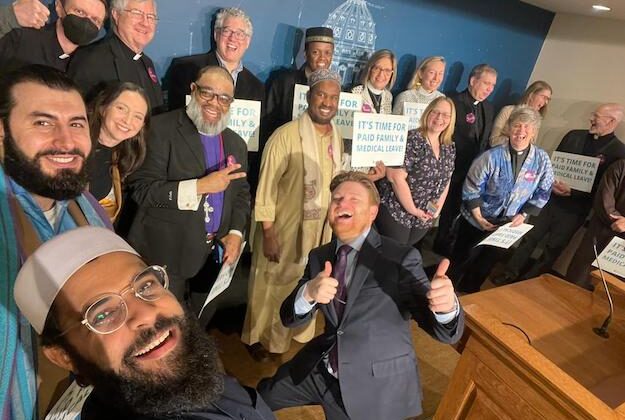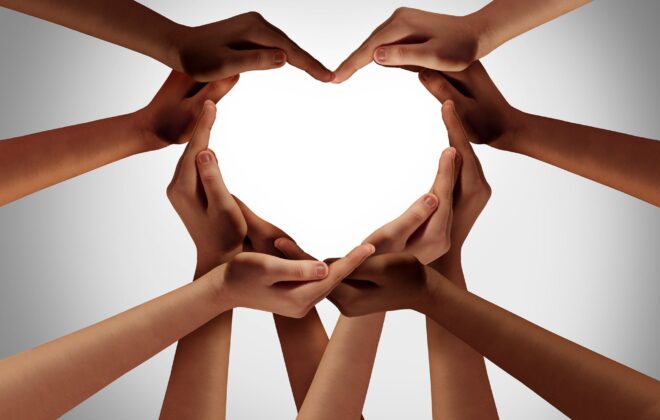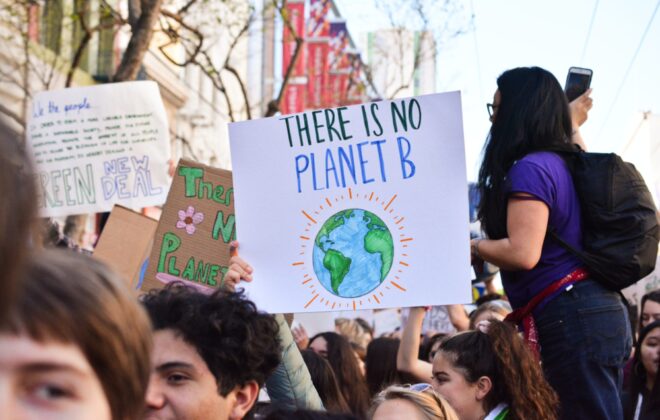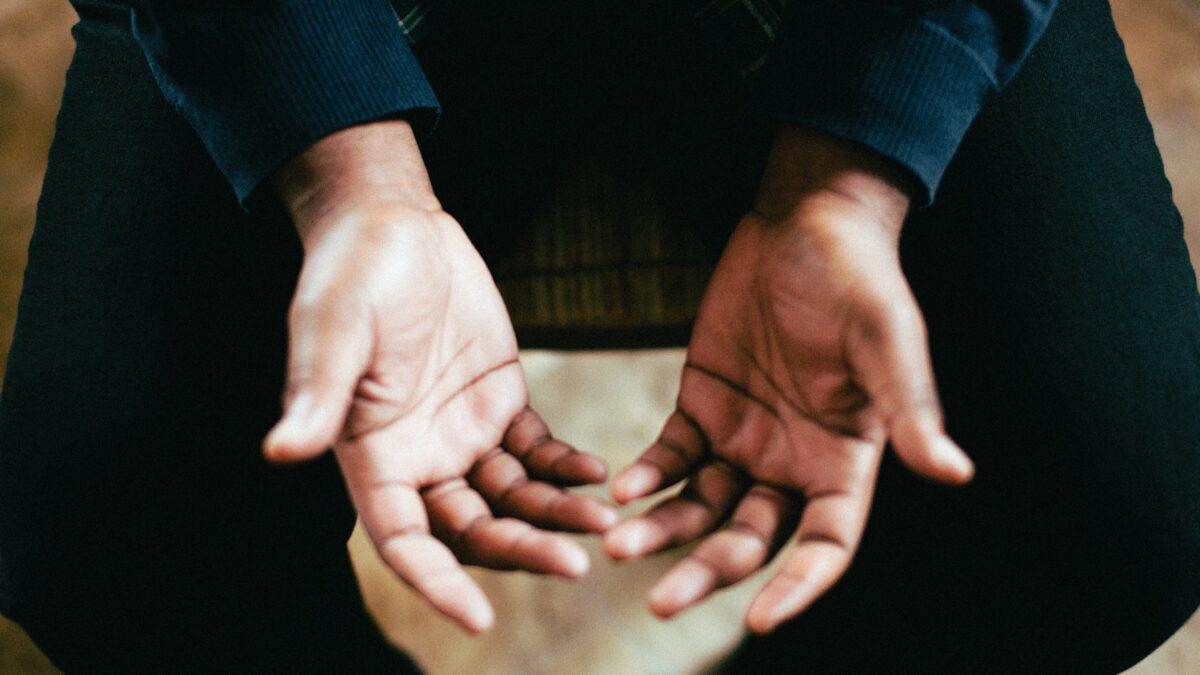
Finding Rejuvenation in Ramadan Amid Global Crisis
“The month of Ramadan (is the month) in which the Qur’an has been sent down as guidance for mankind containing clear signs which lead (to the straight road) and distinguishing (the truth from falsehood).” (Q 2:185)
The Month of Ramadan is the holy month during which the Quran was first revealed to the Prophet Muhammad (PBUH). It is the ninth month of the lunar Islamic calendar. This year, Ramadan begins today Friday April 24 and it will continue until May 23. Muslims are required to fast during this month. This entails avoiding all food and drink between dawn and sunset each day during the month, which lasts usually 29 or 30 days.
This fasting during the daylight hours of the month of Ramadan is one of the Five Pillars of Islam, which are basic acts that are the foundation of Muslim life. Aside from being an act of worship, it is also a time to become more compassionate to those in need, as well as for individuals to become closer to God.
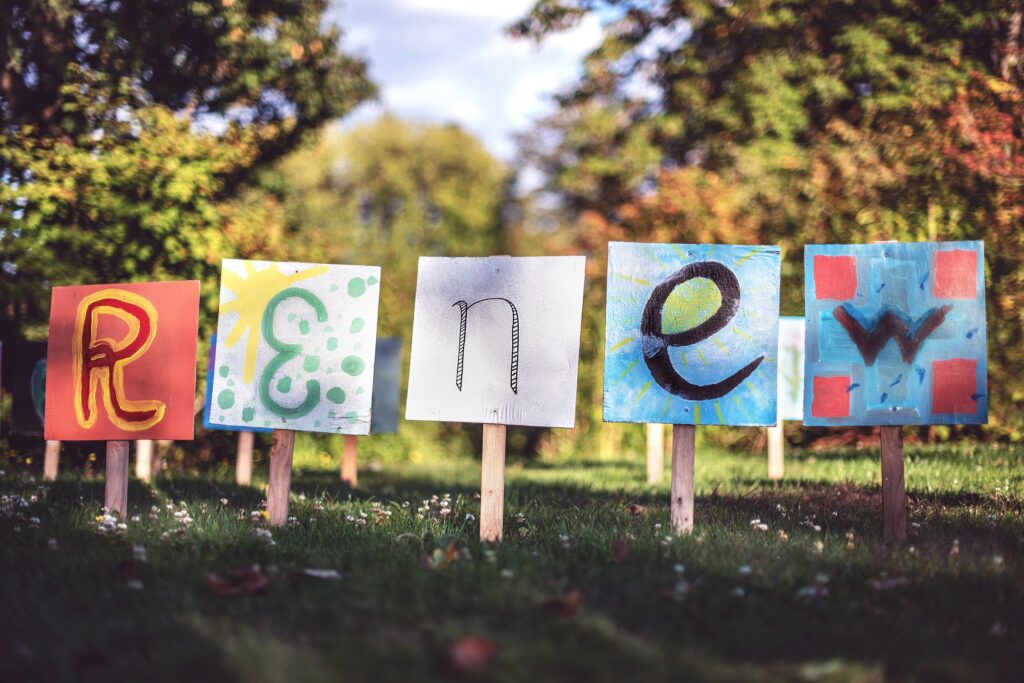
It is a season for personal renewal – It is also a time to clarify our priorities, renew our faith, and come closer to our Creator. The rituals of fasting and long night-vigil Tarawih prayers are meant to teach us self-discipline, as we deny our bodies food in order to strengthen and feed our spirits. We increase our worship, contemplation, and self-reflection. We ask Allah, our Creator, to forgive our sins, strengthen our faith, and keep us healthy in this month. We also encourage ourselves and our family to collect as many good deeds as possible.
Despite the physical challenges, Ramadan is also a time of joy, spiritual fulfillment, and greater God-consciousness for others in our community. It makes us more sensitive to our duty to share our blessings with those in need. It is a month in which we intentionally remember those who are marginalized due to poverty, displacement, war and socio-political oppression. It is during this sacred month that we must ask ourselves and our communities:
How are we pulling out the weeds of injustice? How are we caring for others? How are we connecting and becoming a voice for those that are marginalized?
Ibn `Abbas relates that: “Allah’s Messenger (peace be upon him) was the most generous of all people in doing good, and he was at his most generous during the month of Ramadan. Gabriel used to meet with him every year throughout the month of Ramadan, so the Prophet could recite the Quran to him. Whenever Gabriel met with him, he became more generous than a beneficial breeze.” (Bukhari & Muslim)
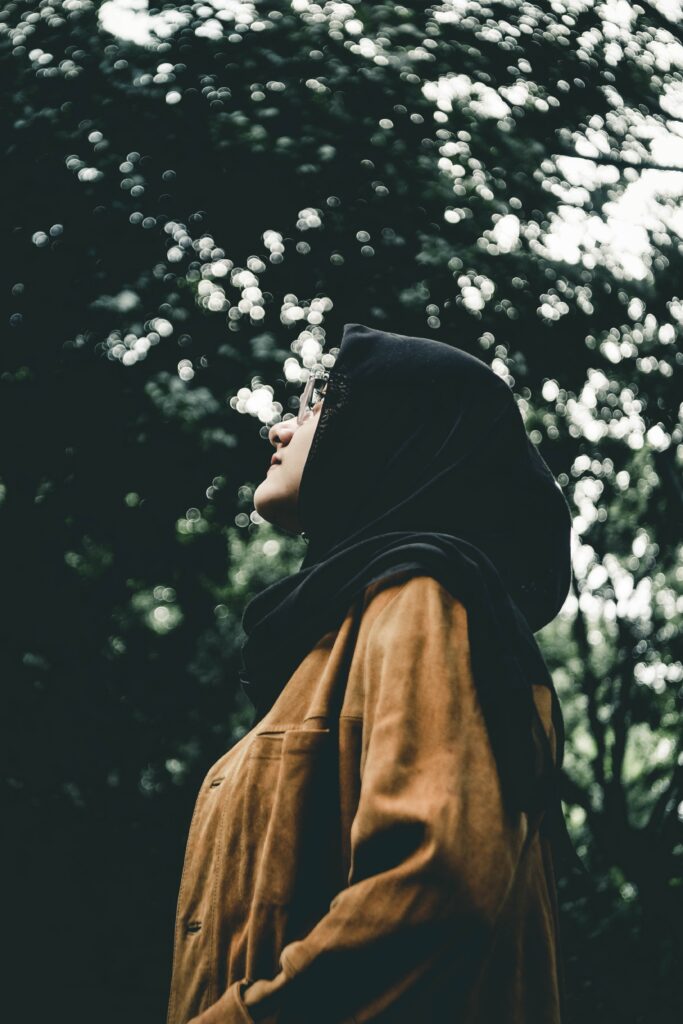
Surely it is the obligation of those who believe and seek to create beauty in this world that they lend their compassion, resources and time to all efforts committed to dismantling oppression. Charity is not a substitute for social equality and justice. Until the birthright of every human being is basic human rights like—food, safety, education, healthcare, shelter, employment, equality, and freedom—until this is realized, there is so much work for us to do.
For Muslims around the globe, this year with the COVID-19 will be a particularly trying time as they will be observing the holy month of Ramadan under lockdown. So in this month, caring for others and connecting with them will be an essential form of worship to get through this difficult time.
As people of faith, we must recommit ourselves to the upliftment of all human beings and remember the social obligations of the society in which we live in. We are living during a time when income disparities, impacting communities of color, is considered the worst in the last hundred years, with large sections of society, denied affordable housing, food, healthcare, and job opportunities. During this COVID-19 crisis, many things broken in our system have been exposed and those who are vulnerable or weak in society are once again left behind or left out. So, in this Ramadan, we must work hard to live out the social justice principles in both the Quran and the tradition of prophet Muhammad – peace be upon him.
Tags In
Categories
- Announcements (10)
- Childcare (8)
- Community Safety (10)
- Criminal Justice (18)
- Democracy (28)
- Economy & Jobs (27)
- Education (16)
- Environment (11)
- Faith (15)
- Health (22)
- Housing (30)
- Immigration (31)
- Islam (11)
- Newsletter (35)
- One Body (2)
- Other Issue Work (14)
- Public Safety (3)
- Report (7)
- Transit (19)
- Uncategorized (40)
- Working Families (18)


